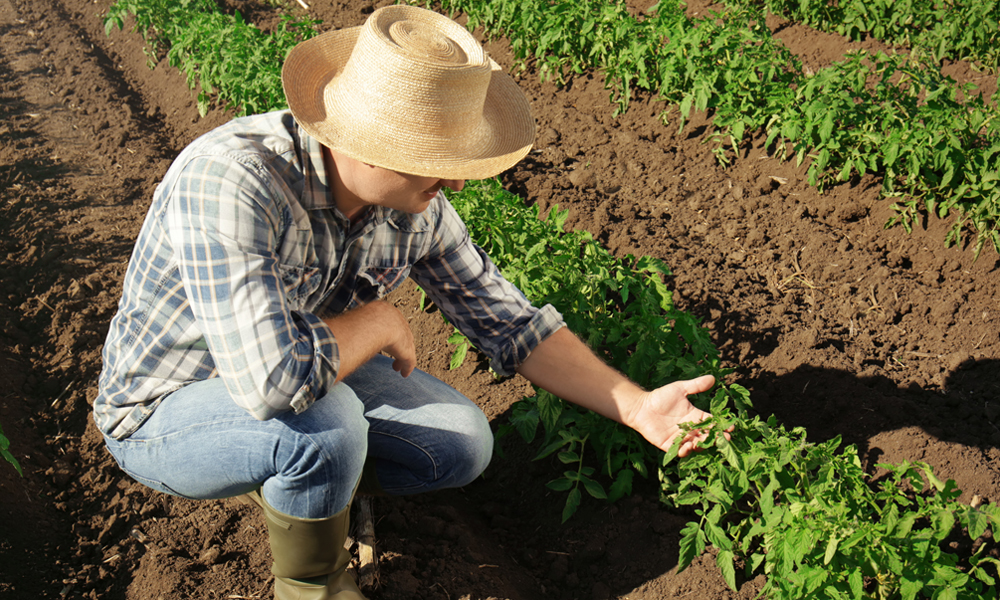The power of the living beings


Did you know that one tablespoon of soil has more microorganisms than all the human beings on the American continent?
And yet, we know very little about the microscopic life beneath our feet. We even learn more about the universe and the stars than we know about life in the soil.
In the soil, there is a diversity of microorganisms such as fungi, bacteria, algae, worms, and other forms of lie, of which it is estimated that we barely know 5% of all the species that may exist.
Thanks to the scientific studies of the last decades in microbiology and biotechnology, we know more and more about soil microbiota.

How important is soil microbiology for agriculture?
Bacteria play a crucial role in plant nutrition. They lock up nutrients that could disappear because of leaching.
They have the natural function of processing nutrients so that plants can ingest them as they break down organic matter while retaining them in their cellular structure.
Because the bacteria are attached to the soil particles, the nutrients remain there instead of being removed by rain and irrigation.
All plants in the world need bacteria and fungi. As a result of years of research, there are now solutions, such as microbial biostimulants, that can improve any agricultural crop.

.
But what is a biostimulant?
A biostimulant is a substance or mixture of substances applied to plants to improve their growth, development, and or resistance to environmental stresses.
Unlike conventional fertilizers, which provide essential nutrients for plant growth, biostimulants act on the physiological processes of plants, improving their ability to absorb nutrients and water, promoting cell division, seed germination, flowering, root formation, and other processes related to plant growth and adaptation to different conditions.
Early biostimulation represents an efficient measure for the proper establishment of new plantations. In soils that present severe limitations for root growth, it is necessary to implement solutions according to the most limiting factor type.
An effective alternative to this problem is microbial biostimulants, which favor root development and contribute to a reconditioning of the soil near the root (rhizosphere), enhancing the metabolic processes involved in plant growth and development.
Agricultural microbial biostimulants offer multiple benefits to growers, such as:
– They improve the use of nutrients and water (reducing the farmer’s operating costs).
– Increase crop tolerance to abiotic stress (e.g., drought, temperature, or salinity variations).
– Increase yields per hectare and product quality.
– Strengthen the immune system of crops to combat bacterial and fungal attacks associated with diseases, which can reduce yields and productivity.
– They complement traditional fertilizers and contribute to better fertilizer efficiency.
At LIVENTIA we know the potential that soil microbiology has for plants, and we call it “the power of the living beings”.
We have more than 30 years of experience as pioneers of biotechnology applied to the field, with more than 200 crop trials in the United States and Mexico; and with the support of the most prestigious universities in both countries.
We want to contribute to the main challenges faced by farmers through our portfolio of microbial biostimulants, developed and tested with 100% organic technology.

